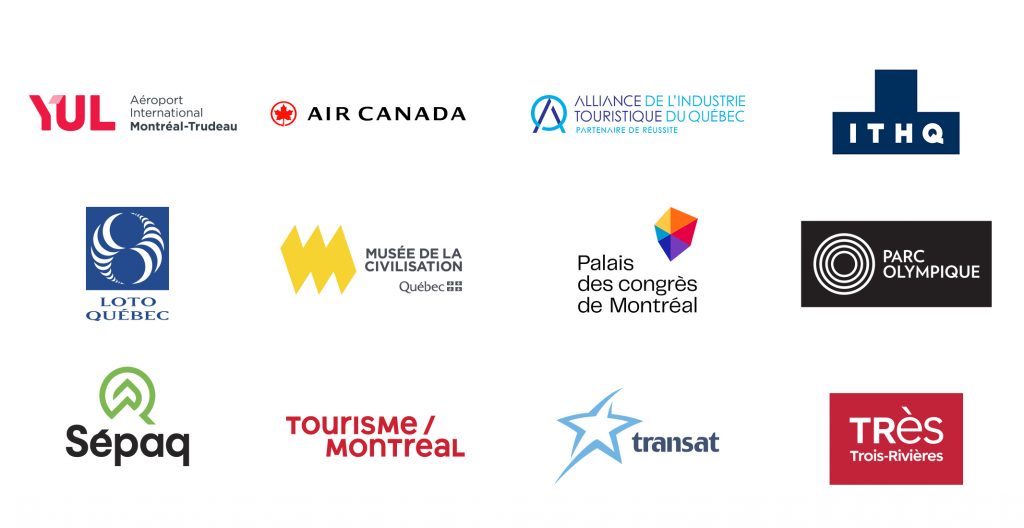The MT Lab Discovery Program is a short one-month support, personalized to your level of development.
Quickly validate your suitability for the tourism, culture and entertainment sector, and let us open you up to multiple business opportunities.
Next departure: In the fall
Business developers (founders, CEOs, managers) of startups with a first proof of concept or an innovative solution ready for commercialization, looking for a rapid validation of suitability in the tourism, culture and entertainment market.
The Discovery Program lasts one month: 3 weeks of workshops with 2 workshops of 2 hours per week, and an individual diagnostic meeting with our Entrepreneur in residence. Allow about 1 additional hour for the preparation of deliverables after each workshop.
The entire program takes place online via the Zoom platform. All workshops will be held in French.
Access the latest insider industry information from experts and influencers
Make your solution visible to the 12 major partners of the MT Lab, who could potentially open you up to future business opportunities
Identify the concrete business opportunities that your solution can address in tourism, culture and entertainment, and quickly adapt your value proposition and business model to adequately meet the needs of the industry.
At the end of the program, you will have delivered a one-pager and developed a relevant approach adapted to the business culture of the major players in tourism, culture and entertainment, which will allow you to generate more targeted and promising opportunities for your company.
Do you think you have an innovative solution that could adequately address one or more of these 8 innovation challenges in the tourism, culture and entertainment industry? Participate in the Discovery Program and get visibility with our partners for potential business opportunities.
DATA
RECEPTION
MOBILITY
EXPERIMENT
IMPACT
HUMAN RESOURCES
PROCESS
PROMOTION
Acceleration of data processing time to enhance real-time interaction capabilities (e.g. the use of 5G with bandwidth optimization and latency reduction), especially for the integration of targeted technologies such as IoT, virtual or augmented reality or voice recognition.
*Recorded before the COVID-19 crisis.
Each year, our 12 major partners, industry leaders, identify priority innovation themes, which allow you to orient your business solutions in response to these concrete needs.

Next Program departure: In the fall


We use browser cookies and other technologies to ensure the proper functioning and security of our website. Other cookies and technologies help to facilitate, improve and personalize your online experience. You can manage your preferences for cookies and other technologies by clicking "Customize."